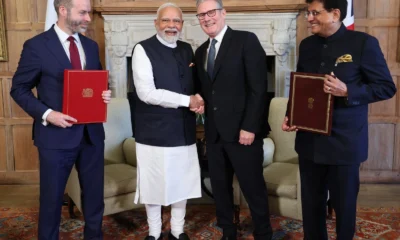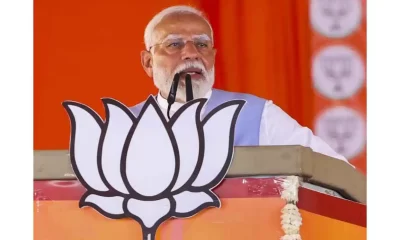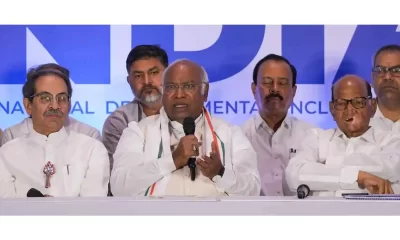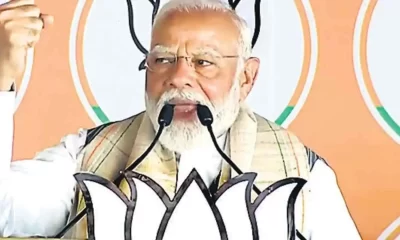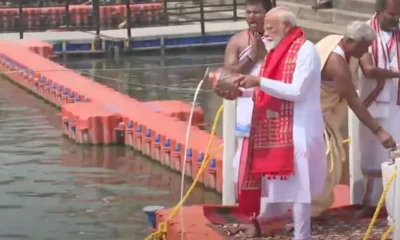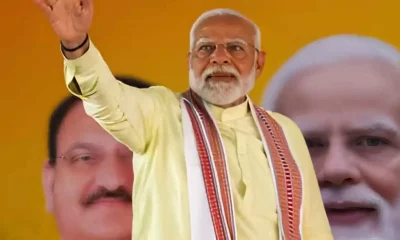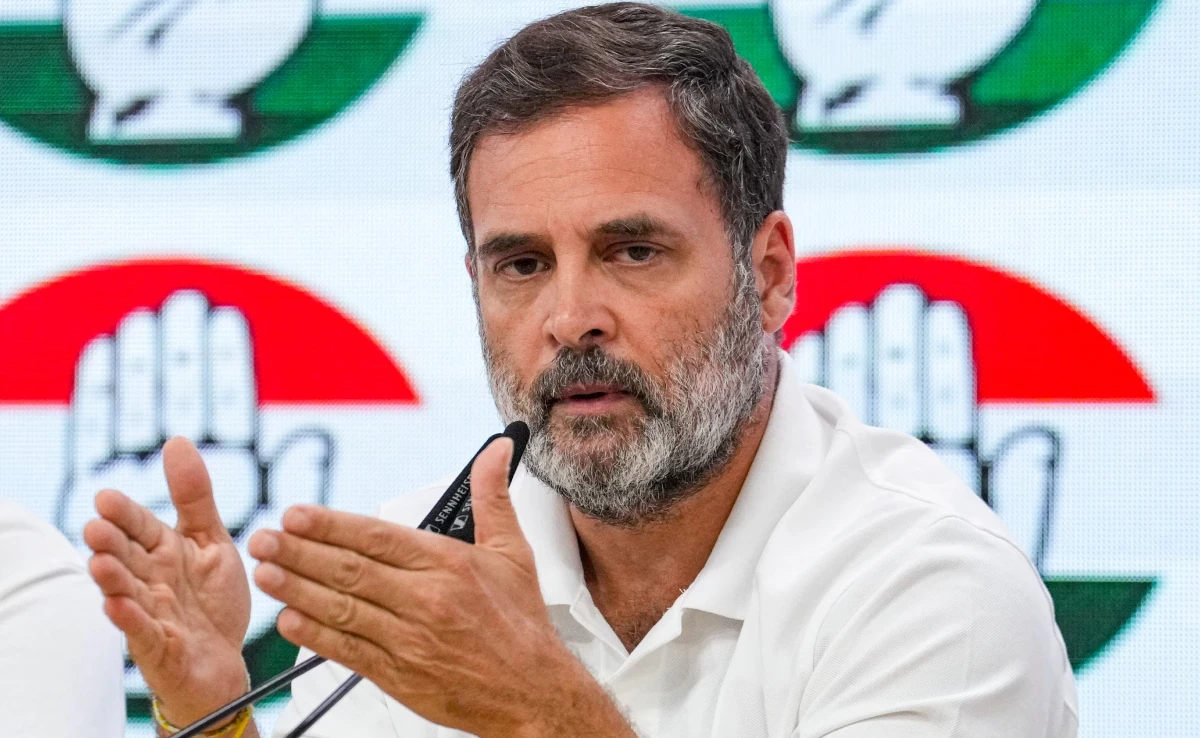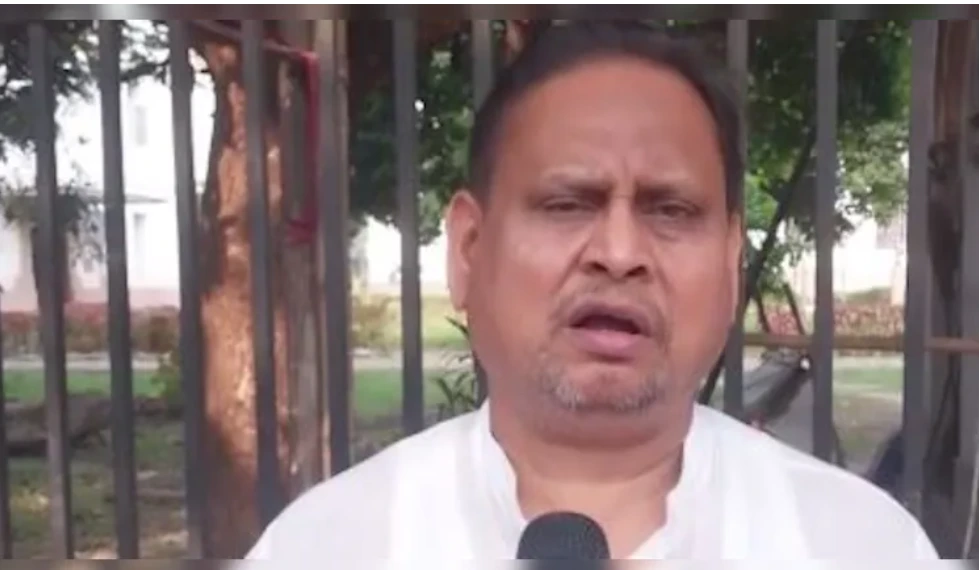[vc_row][vc_column][vc_column_text]What many have been speculating has been given added credence by Finance Minister Arun Jaitley: that the interim budget – an outgoing government presents only a vote on account rather than a full-fledged budget – would be much more than that.
It would be an Election Budget and it may make the previous budgets under Narendra Modi government look like interim budgets. The measures planned by the government are likely to leave the successor government with a bill of over Rs 1 lakh crore, according to a report in The Economic Times (ET).
Speaking at CNBC-TV18’s Indian Business Leader Awards on Thursday, Jan 17, Jaitley, via video conference, said the government could break with convention and make the February 1 exercise more significant than a vote on account.
There is speculation that the government is studying various options, including a cash handout for farmers, to ease their distress and to shore up popular support before the national election that’s due by May. The government has already exceeded its budget deficit targets in October.
Jaitley, while dismissing fears that he is under pressure to present a populist budget after the recent election debacle in three states and ahead of general elections in April-May, ended up confirming the government’s worry and nervousness.
Jaitley said: “The NDA (National Democratic Alliance) government had been in this game for far too long to have nervousness about the budget. We are confident and proud of our performance over the last five years. The NDA government has succeeded in restoring the credibility of the economy and its decision making process over last few years”
In a regime that tends to equate ‘nation’ and ‘nationalism’ with itself, Jaitley said, “Convention has always been that election year Budget is an interim Budget. The larger interest of the nation dictates what will be a part of the interim Budget.”
“If we look at the big picture there have been successes that we have seen in the last few years. There have also been challenges. Therefore, without getting into the specifics, because that would really be disclosing the mind with which we are working, some of those challenges cannot afford to wait,” Jaitley said.
The government has recently announced a series of measures to try to win over farmers, small business owners and the less well-off, after the BJP suffered setbacks in state elections and with a general election due in months.
The measures are likely to be a drain on finances when Modi government is trying to stick to a decade-low fiscal deficit target of 3.3 per cent of the gross domestic product (GDP).
It has, however, promised even more perks ahead of the general election due by May.
“They will be for development, they will be for transformation,” Union Law Minister Ravi Shankar Prasad had said in Parliament, saying people should more “sixes during the slog overs”. Translated, it means more inducements for the electorate when elections are near.
Media reports suggest that the Centre is considering various options to address the agricultural distress in the country, one of them is cash handout for farmers. The deliberation over this began after the BJP was voted out in three key state elections in December.
If the government is planning to extend any relief to the farmers, it will impact India’s fiscal deficit which has already reached 114.8 percent of the budgeted target in November. Experts say that the government may not be able to stick to its deficit target this year.
In recent weeks, there has also been buzz of tax cuts for the middle class and other measures in the government’s economic statement ahead of Lok Sabha polls.
The FM said that the government will try to stick to its path of fiscal prudence, but he also added that in “unusual situations”, a deviation from the fiscal consolidation path might be required, which was understood by the markets and analysts.
Talking about the urgent need to uplift the farm sector, Jaitley said, “Whether it is a situation like a natural calamity or a drought or stress in a particular sector — these are all areas which cannot be considered any kind of populist expenditure. Markets will never understand if you act for the sake of populism,” he said. “But if it is in the larger interest because of a compelling situation that develops, I think then it is a rational, logical thing, which markets will also understand,” he added.
Asked on a reduction in interest rates amid slowing inflation, Jaitley suggested there was need for RBI to pare policy rates without making an explicit comment. “We can’t have real interest rates (after budgeting for inflation) higher than anywhere in the world,” he said, adding that the central bank has begun consultations with stakeholders.
What Jaitley said needs to be seen in context of statements of Ravi Shankar Prasad and some others, and the Modi government may make a short-term gain politically but may be disastrous for the economy.
A report in the ET said the vote-catching measures planned by Modi as he braces for a difficult general election may cost more than Rs 1 lakh crore which would have to be borne by the government that will take charge after the election due by May.
The spending is also likely to delay plans to reduce the government’s budget deficit, a key indicator of the nation’s economic health.
Jaitley talked of the need for fiscal prudence but kept an escape route open for “unusual situations”. The BJP’s economic affairs spokesman, Gopal Krishna Agarwal, told Reuters this week that the party does not consider the finance ministry’s plan to keep the fiscal deficit to 3.3 percent of gross domestic product in the current April-March fiscal year as “sacrosanct”.
“Addressing farmer distress is the most important thing,” Agarwal told Reuters. “You need an expansionary policy. You chase growth in the economy, you do not chase these parameters like fiscal deficit.”[/vc_column_text][/vc_column][/vc_row]

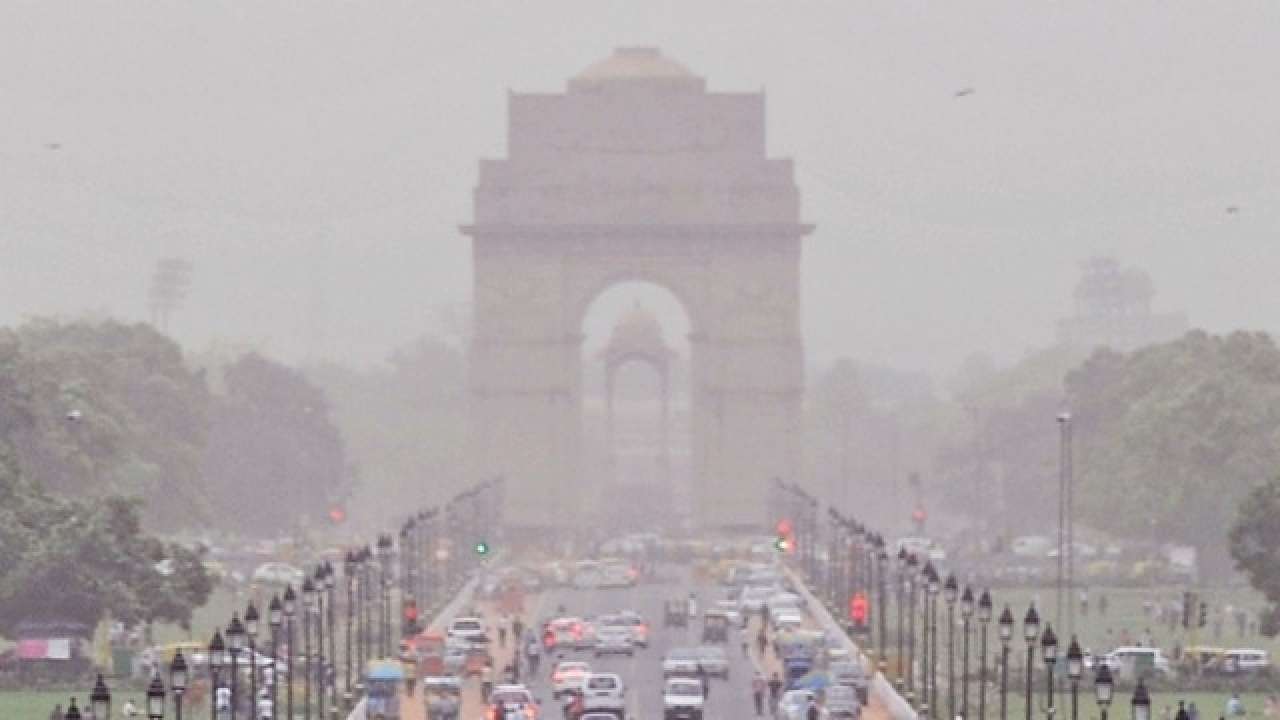
 India News17 hours ago
India News17 hours ago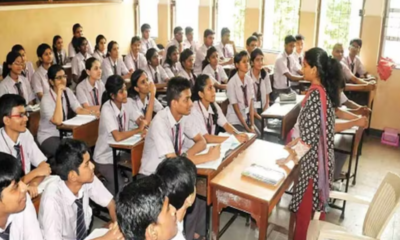
 India News17 hours ago
India News17 hours ago
 India News12 hours ago
India News12 hours ago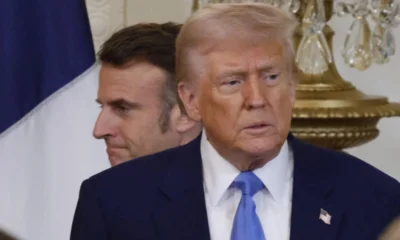
 Latest world news17 hours ago
Latest world news17 hours ago
